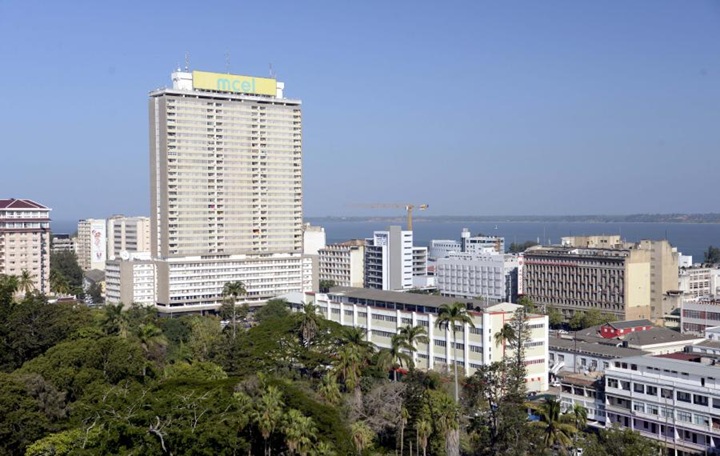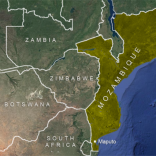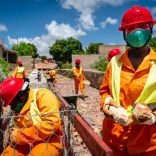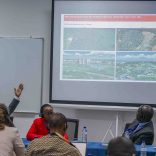Mozambique: Chronic malnutrition, food insecurity levels continue - NGO
Mozambique: UN recognises progress in education, equality, climate

File photo: Lusa
The United Nations on Thursday recognised the progress Mozambique has made since independence in areas such as education, gender equality, and the response to climate shocks, reiterating its commitment to supporting the country’s development agenda.
“The changes that have happened [since independence] are that more children are going to school, gender equality has improved, the way Mozambique responds to climate shocks is also seen as a good practice in the region, and many more,” said Catherine Sozi, the United Nations (UN) resident coordinator in Mozambique.
The official, who was speaking on the sidelines of a ceremony celebrating the 80th anniversary of the UN and the 50th anniversary of the humanitarian organisation in the country in Maputo, explained that despite the gains made, there are still challenges in Mozambique: “Many people don’t go to school, becoming illiterate, we have challenges in the health system, where mothers can’t have their children safely. We have child marriages, young people without jobs, a conflict in the north where many people are fleeing because of the crisis, but also climate shocks mean that people’s homes, shops and businesses are impacted. So security has not yet been achieved.”
Sozi said that the UN is in Mozambique to “support the government in the promises made to its people” and is now, according to the representative, carrying out a “development agenda”, supporting the construction and reconstruction of schools, hospitals and clinics and working with the authorities to create jobs.
“In the north, where we have armed conflict, we are providing life-saving assistance to communities impacted by the crisis, not only by the conflict, but by climate impacts such as cyclones Chido, Dikelede, Jude and even in Gaza and Manicam with the drought,” she said.
On the occasion, Samaria Tovela, Mozambican Minister of Education and Culture, said that since it was founded in 1945, the UN has been a “beacon of hope” for millions of people, thanking the organisation for the help it has given Mozambique in education, which contributes to “promoting quality education, eradicating illiteracy and poverty and promoting self-sustainability”.
“Even in the face of challenges, we remain steadfast in our commitment to guarantee quality education that transforms lives and builds Mozambique’s future,” she said, recognising that the partnership with the United Nations has been “essential” along the way.
Mozambique is considered one of the countries most severely affected by climate change worldwide, facing cyclical floods and tropical cyclones during the rainy season, which runs from October to April.
The number of cyclones that hit the country “has been increasing over the last decade”, as well as the intensity of the winds, according to the State of the Climate in Mozambique 2024 report by the Mozambican Meteorological Institute, released in March.
The UN said last week that around $14.5 million (€12.4 million) had already been spent in eight months on monetary assistance to 680,000 people affected by conflicts, droughts and cyclones in Mozambique.
The gas-rich northern province of Cabo Delgado has also been the target of extremist attacks for eight years, with the first attack recorded on 5 October 2017 in the district of Mocímboa da Praia.
Almost 93,000 people have fled Cabo Delgado and Nampula since the end of September due to the upsurge in attacks in northern Mozambique, doubling the number of displaced people in just a few days, according to previous data from the International Organisation for Migration (IOM).
The Armed Conflict Location and Event Data Project (ACLED) counts 6,257 dead after eight years of attacks in Cabo Delgado, warning of the current instability.













Leave a Reply
Be the First to Comment!
You must be logged in to post a comment.
You must be logged in to post a comment.